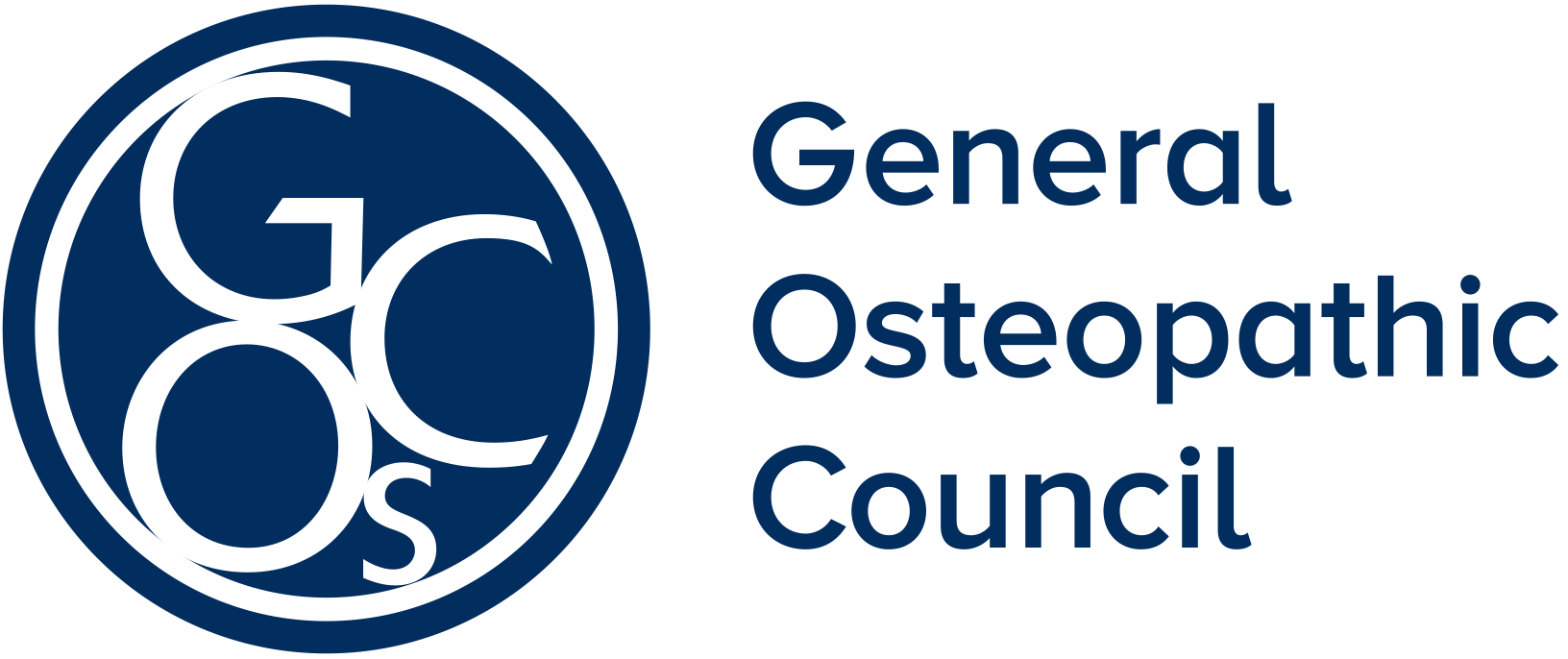C4. You must take action to keep patients from harm.
- You must comply with the law to protect children and vulnerable adults.
- You should have an awareness of, and keep up to date with, current safeguarding procedures, including those relevant to your local area, and follow these if you suspect a child or vulnerable adult is at risk.
- You should take steps to protect patients if you believe that the health, conduct or professional performance of a colleague or other healthcare practitioner poses a risk to patients. You should consider one of the following courses of action, keeping in mind that your objective is to protect the patient:
- discussing your concerns with the colleague or practitioner
- reporting your concerns to other colleagues or to the principal of the practice, if there is one, or to an employer
- if the practitioner belongs to a regulated profession, reporting your concerns to their regulator
- if the practitioner belongs to a voluntary register, reporting your concerns to that organisation
- where you have immediate and serious concerns for a patient, reporting the colleague to social services or the police.
- In any circumstances where you believe a patient is at immediate and serious risk of harm, you should consider the best course of action, which may include contacting the police or social services (though see standard D5 regarding confidentiality).
- If you are the principal of a practice, you should ensure that systems are in place for staff to raise concerns about risks to patients.
- You must comply with any mandatory reporting requirements, for example, those related to female genital mutilation (FGM) in England and Wales.
